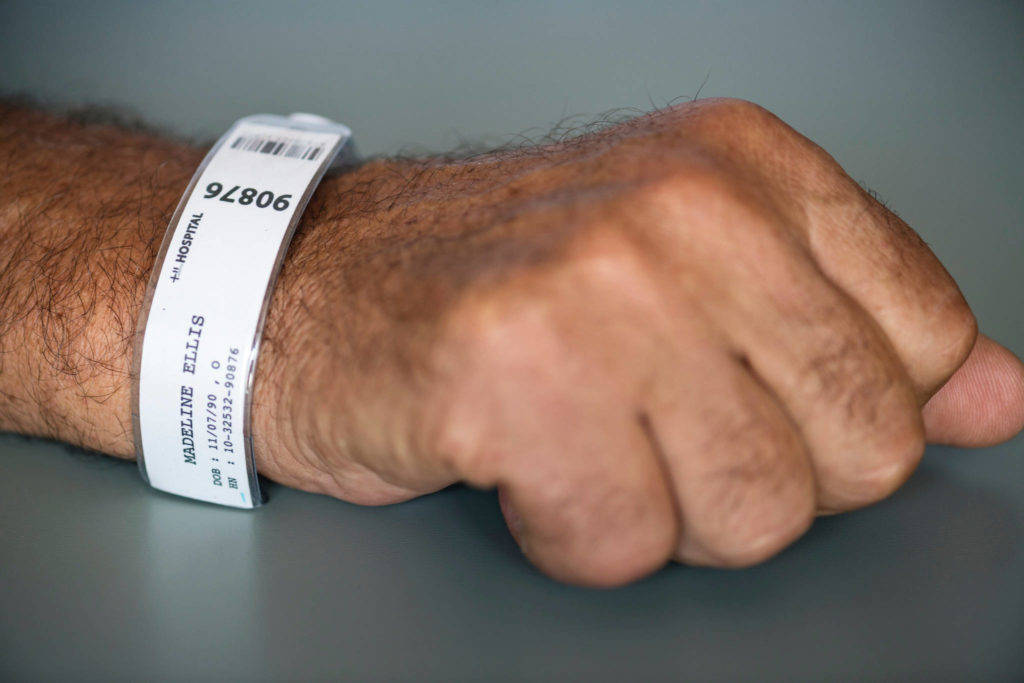What happens at state-run Alaska Psychiatric Institute has the effect of setting the tone of how disabled psychiatric patients are treated in Southeast Alaska hospitals. It is my estimation that up to 90% of individuals with a mental illness that end up in an acute care psychiatric unit will have been physically or sexually assaulted. To make matters worse, thousands of these individuals with a mental illness are left without a voice.
In the “Journal of Mental Health Administration,” 1994, a 22-page article by Ann F. Jennings, Ph.D., “On being Invisible in the Mental Health System,” detailed how people that arrive at locked psychiatric facilities or units are further traumatized. Suggestions on how to not traumatize patients have not been embraced by Alaska.
In 1992, psychiatric patients were given the right to file a formal grievance and bring it to an impartial body. Twenty-eight years later, and an impartial body has not been established. I have reviewed the patient grievance procedures from Alaska Psychiatric Institute and Southeast Alaska hospitals that detain, evaluate or treat disabled psychiatric patients. None of them have established an independent body to review the grievances of disabled psychiatric patients in a timely way.
Is the Alaska Psychiatric Institute setting the tone for how psychiatric patients are treated in Southeast Alaska? In 2017, 116 patients were injured at API, according to state reports, 90 of them needed medical care or hospitalization, according to API. There were over 500 patient complaints. API refused to break down complaints; as an example, how many were sexual abuse allegations and how many patients were able to bring their grievance to an impartial body.
In 2018, a female patient at the Alaska Psychiatric Institute was sexually assaulted in the TV room, according to “Addressing Gaps in the Crisis Psychiatric Response System.” At some point, staff intervened. The woman was left half-naked to sit by herself and then wandered back to her room. The perpetrator was released with no charges. The woman was not properly protected before or after the incident. The State Ombudsman’s Office did not report the assault until a year later.
It has been over 15 years since I have been a patient at API. I did not directly witness any sexual assault, but a female patient was sitting in a male staff’s lap wiggling in a suggestive way. It went on far too long. Large amounts of psychotropic drugs are used on male and female patients at night in all Alaskan psychiatric units, to the point where a person can barely lift a finger. That is a danger point to patients.
In 2008, “Gender choice of staff for intimate care” law was passed by the Legislature. It requires that routine safety checks into patients’ bedrooms, bathrooms and showers must be performed by the same gender staff as the patient. It gives added protection to patients, but does not apply to individuals under 18, nor is the law enforced by the Department of Health and Social Services.
There are 30 private psychiatric facilities or units that detain, evaluate or treat approximately 10,000 psychiatric patients annually in Alaska, some of them in the Southeast region. For the most part, they operate in secret from the Legislature and are unwilling to provide statistics. And the big problem, for the most part, is that disabled psychiatric patients do not have a strong enough voice when confronting sexual or physical abuse in and out of institutions. And nothing much will change until it is fixed legislatively.
• Faith Myers volunteers as a mental health advocate.

